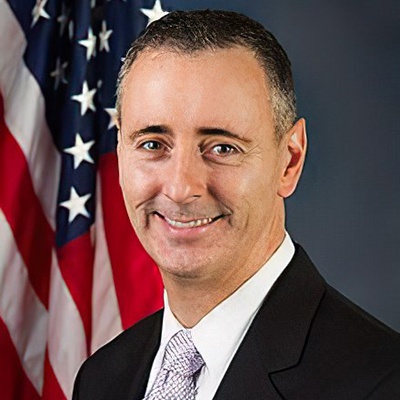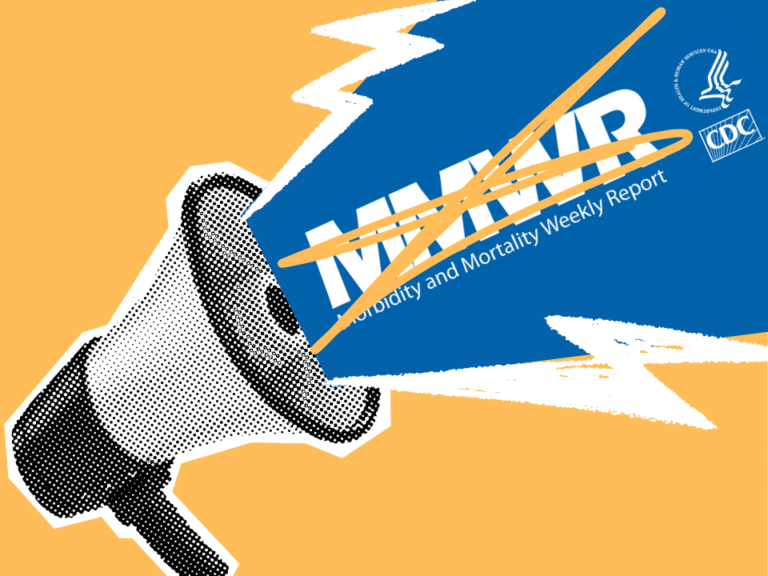





Leading the House of Representatives Cancer Caucus are co-chairs House members Brian Higgins (D-NY), Peter King (R-NY), Derek Kilmer (D-WA), and Brian Fitzpatrick (R-PA).
Brian is a member of the House Budget Committee and the Committee on Ways & Means including its subcommittee on Health. His district includes Roswell Park Comprehensive Cancer Center.
Higgins is a founding member and co-chair of the NIH Caucus, a member of the Childhood Cancer Caucus, and an original sponsor of the Cancer Drug Parity Act.
“As a co-chair of the Cancer Caucus, I will continue to advocate for increased investment in cancer research,” King said in a statement. “It is essential we continue to fight hard and provide researchers with the necessary resources.”
“The Cancer Caucus is a leading voice on cancer research and funding in Congress,” Fitzpatrick said in a statement. “Cancer is indiscriminate, afflicting millions of Americans each year from all walks of life.”











